One of Chicago’s Distinguished Law Firms Exclusively Focused On Personal Injury Cases
One of Chicago’s Distinguished Law Firms Exclusively Focused On Personal Injury Cases
Our experience, skill and track record getting results is what sets us apart.
Million Dollar Personal Injury Case Results
Our reputation is due in part to our successful track record of recovery. Our Chicago personal injury attorneys have obtained millions of dollars in case results for individuals and family members dealing with the effects of a serious catastrophic personal injury or the loss of a loved one.
Prominent Chicago Personal Injury Attorneys
Representation Since 1957
Located in the heart of downtown Chicago, Curcio & Casciato is dedicated to exclusively representing injured parties and their families in a wide range of personal injury and wrongful death matters.
For over 60 years, as determined Chicago personal injury attorneys, we have recovered compensation for individuals injured in catastrophic car and truck accidents, from dangerous products, hazardous premises including construction sites and more.
Prominent Chicago Personal Injury Attorneys
Representation Since 1957
Located in the heart of downtown Chicago, Curcio & Casciato is dedicated to exclusively representing injured parties and their families in a wide range of personal injury and wrongful death matters.
For over 65 years, as determined Chicago personal injury attorneys, we have recovered compensation for individuals injured in catastrophic car and truck accidents, from dangerous products, hazardous premises including construction sites and more.
Personal Injury Law Practice Areas
An Established Reputation for Personal Injury Representation
Our Chicago, IL personal injury law firm has established a reputation for providing trusted, honorable, customized representation and is considered by many as one of the leading Chicago personal injury law firms.
Our personal injury attorneys have decades of collective experience handling complex matters. Firm founder, Joseph R. Curcio, is also AV Preeminent peer review-rated * through Martindale-Hubbell, the highest rating available.
*AV®, AV Preeminent®, Martindale-Hubbell Distinguished and Martindale-Hubbell Notable are certification marks used under license in accordance with the Martindale-Hubbell certification procedures, standards and policies. Martindale-Hubbell® is the facilitator of a peer review rating process. Ratings reflect the anonymous opinions of members of the bar and the judiciary. Martindale-Hubbell® Peer Review Ratings™ fall into two categories — legal ability and general ethical standards.
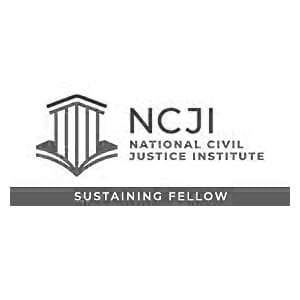
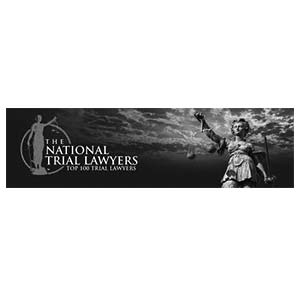




Latest Posts
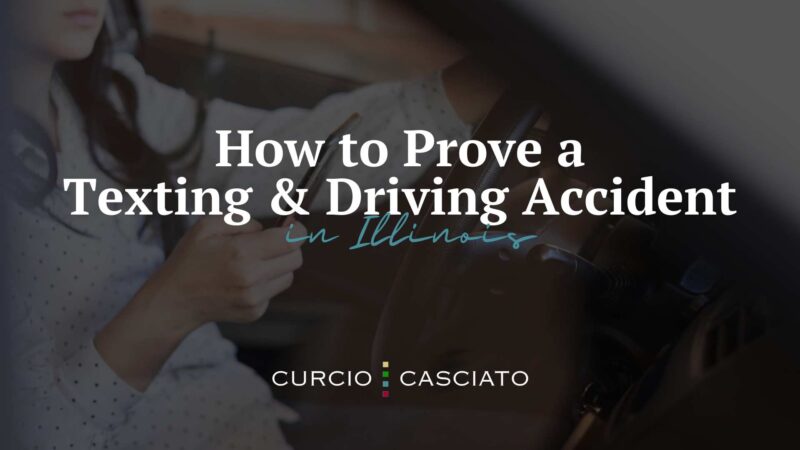
How to Prove a Texting and Driving Accident in Illinois
Texting while driving is the most common form of distracted driving in Chicago and the United States. Distracted driving accidents have become a rampant issue, resulting in thousands of severe injuries and fatalities, according to
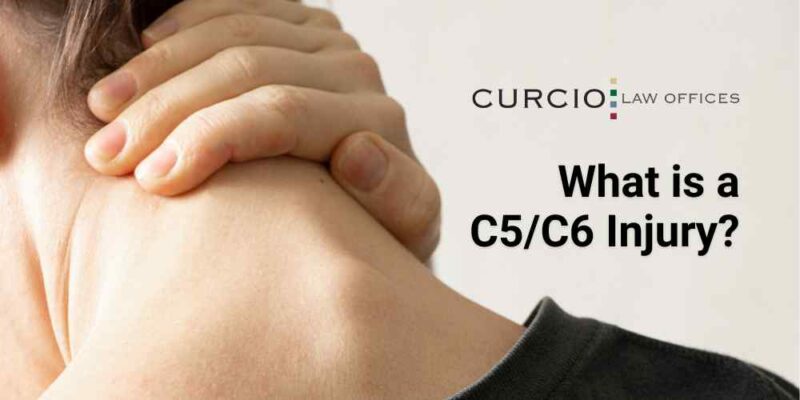
What is a C5/C6 Injury?
The human body is made up of many different interconnected systems, all of which work together to allow the body to move, function, and thrive, like the spine. When even one part of the spine
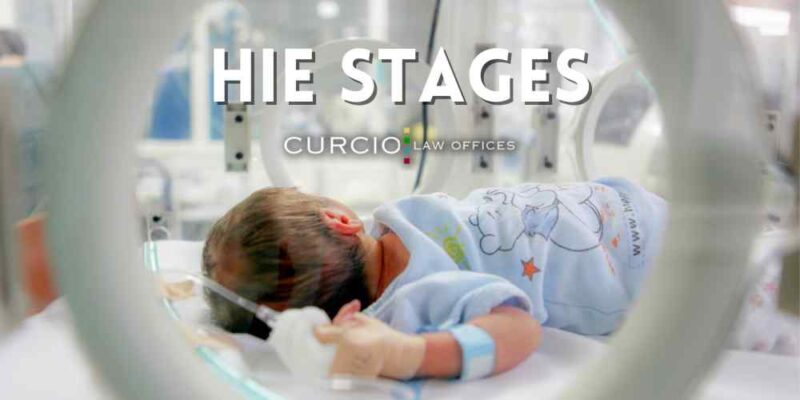
HIE Stages
As parents await the arrival of a newborn, the excitement is often tinged with a touch of anxiety. Every parent hopes for a smooth delivery and a healthy baby. Unfortunately, complications during birth can lead








